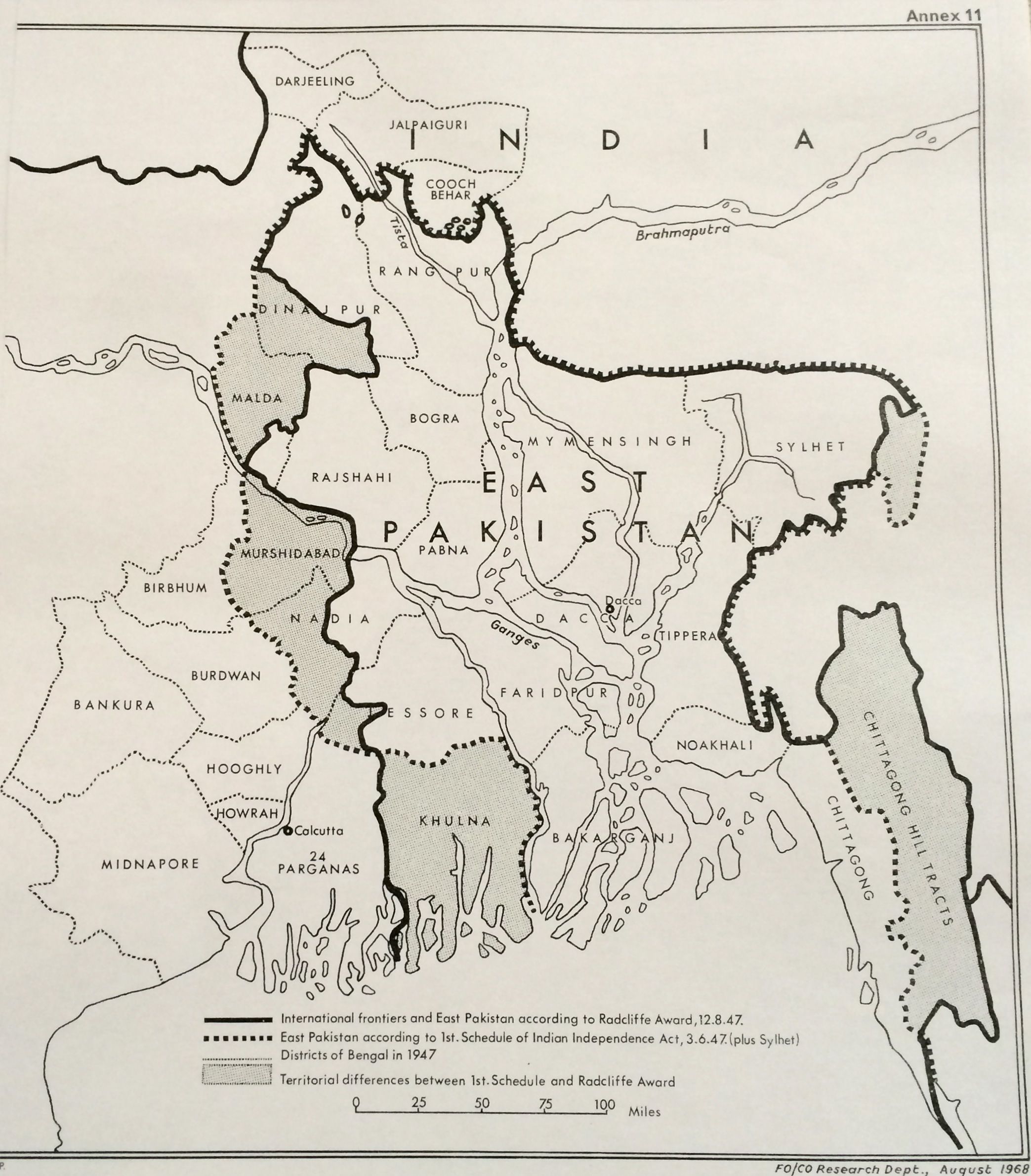I am an interdisciplinary scholar whose research and teaching engage multiple epistemologies through the combined use of social scientific, humanistic, and scientific methods. I broadly explore how different framings of environmental change compel particular social and political actions, as well as the affective and material consequences of those actions on people and places. By focusing on the sociopolitical drivers of environmental change, I address how human vulnerability and land-use decisions constitute one another. To this end, I use the analytical tools of political ecology to address questions at the interface of resource governance, critical geopolitics, and environmental history.
Climate activism at Cop 23, Bonn
Adaptation finance
While climate change may be a global phenomenon, its impacts are socially and spatially uneven, whereby those least responsible for the problem are the most vulnerable to its effects. My research examines how industrialized states address their responsibility for climate change through funding adaptation programs in developing countries. In this project, I evaluate the social and spatial impacts of foreign-financed water infrastructure and land-use projects in Vietnam and Bangladesh.
a transect walk with local residents in ben tre province, vietnam.
Climate vulnerability
The fertile soils, abundant waterways, and diverse ecosystems of river deltas have attracted people for millennia. However, these environments have also long posed challenges to human settlement due to cyclical flooding, shifting sediments, and saline water intrusion. Climate change is compounding the negative impacts of these pre-existing and ongoing processes. Higher sea levels, altered precipitation patterns, and more intense storms and storm surges amplify hazards for delta communities. My research examines the historical precursors to contemporary human vulnerability to water hazards in the coastal Mekong and Bengal Deltas and traces how climate change programs intervene in landscapes of vulnerability and with what effects.
The radcliffe line established the international rivers between india and east pakistan (now bangladesh) in 1947. (Image: British library)
International water politics
Nearly every non-island state sits partially or wholly within a transboundary river basin. My research examines how states negotiate conflicts around shared water resources, including issues of resource distribution, access, and hazards. This project focuses on conflicts between India and Bangladesh over the Ganges River and examines how uneven power dynamics between states affect international water cooperation. This work also draws attention to the relationship between state borders and international waterbodies, demonstrating how borders and international rivers influence each other and with what effects.
Brisaster latifrons larva (image: michael hart)
Marine conservation
My early work as an oceanographer focused primarily on using population genetics to infer patterns of larval dispersal and population connectivity among fish and invertebrates. I also contributed to research on marine debris, deep-sea benthic habitats, Hawaiian fisheries, and marine biogeochemistry. The thread that connects these disparate projects was an interest in applying diverse methods to addressing biodiversity loss, population declines, and habitat degradation in near-shore and open-ocean environments.




